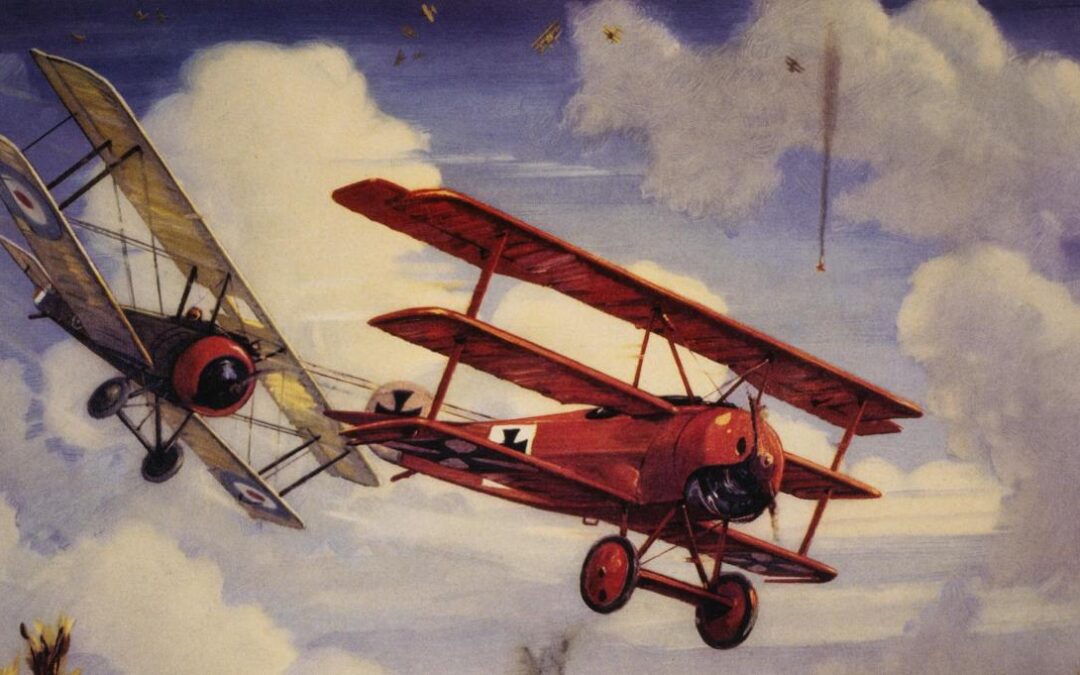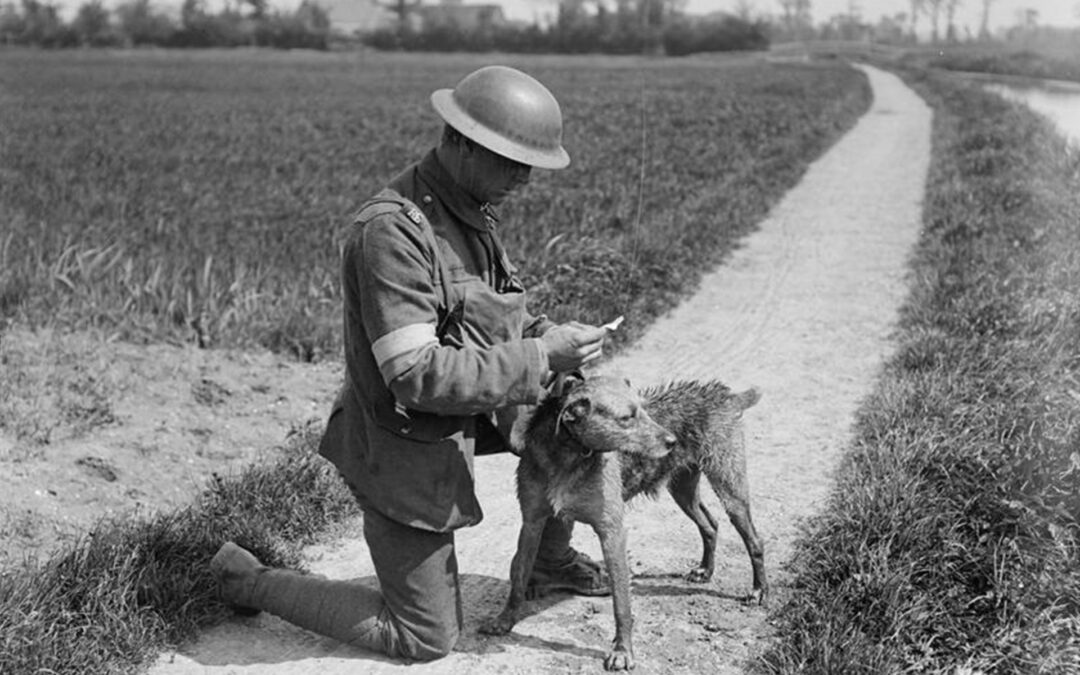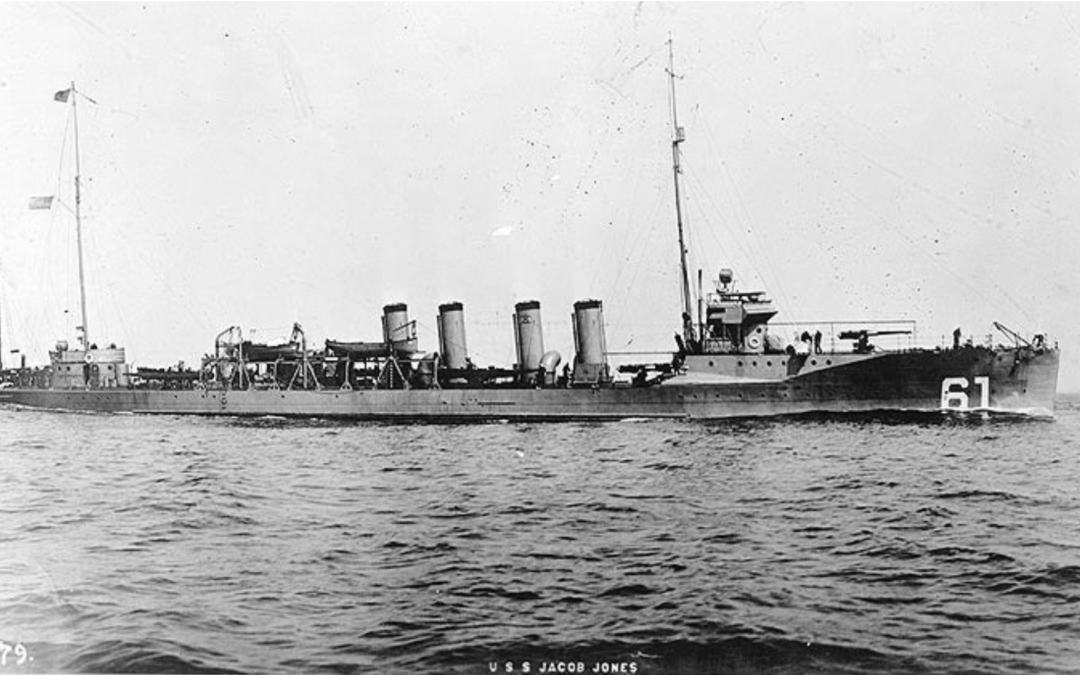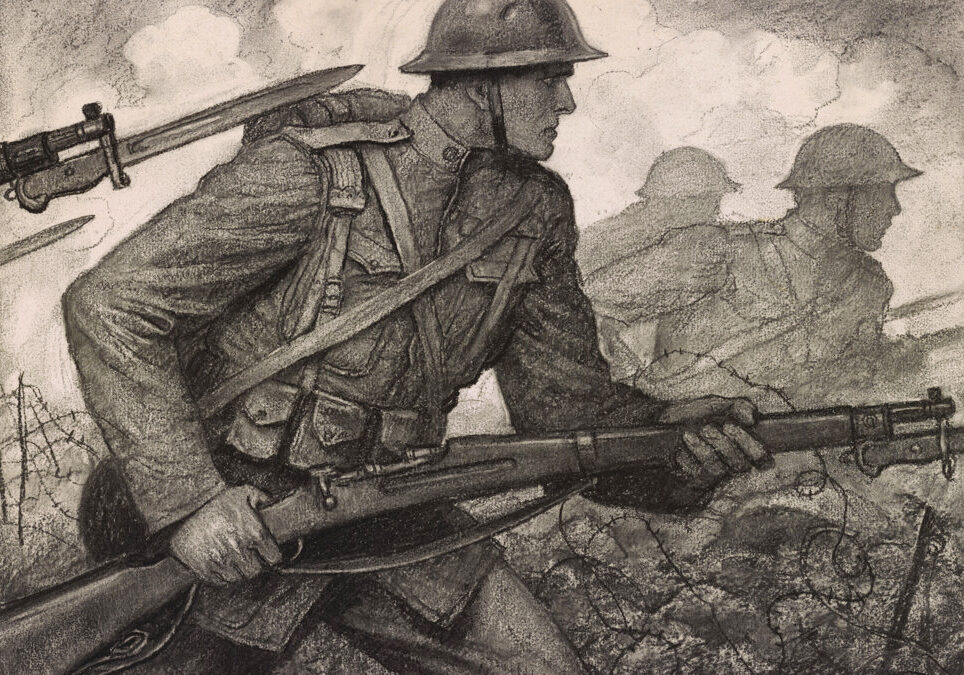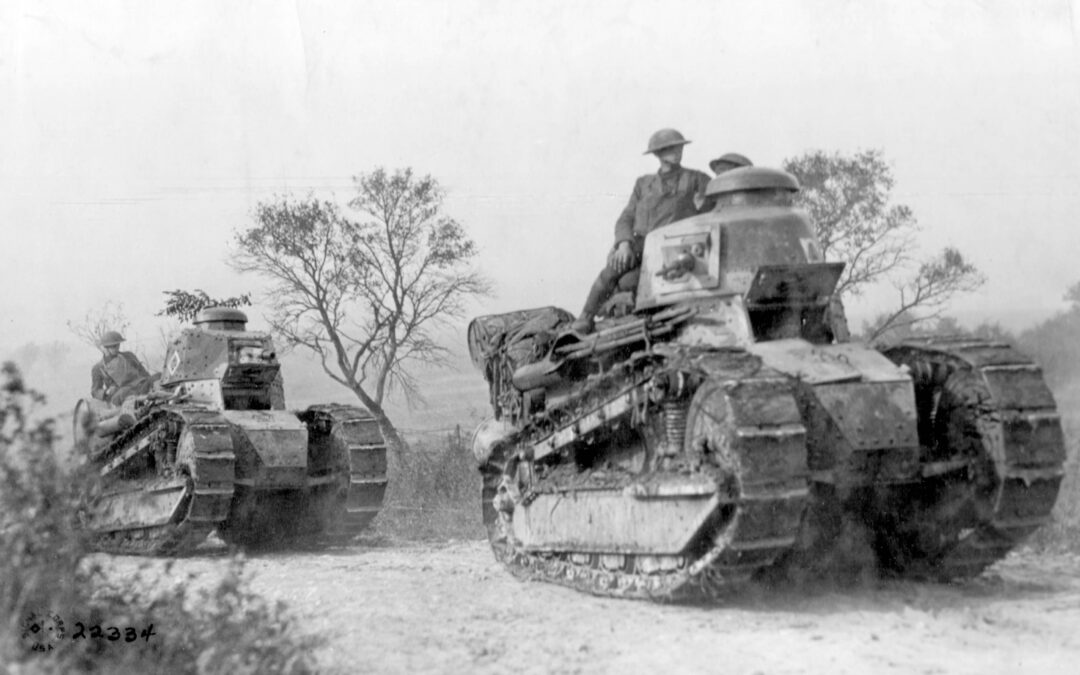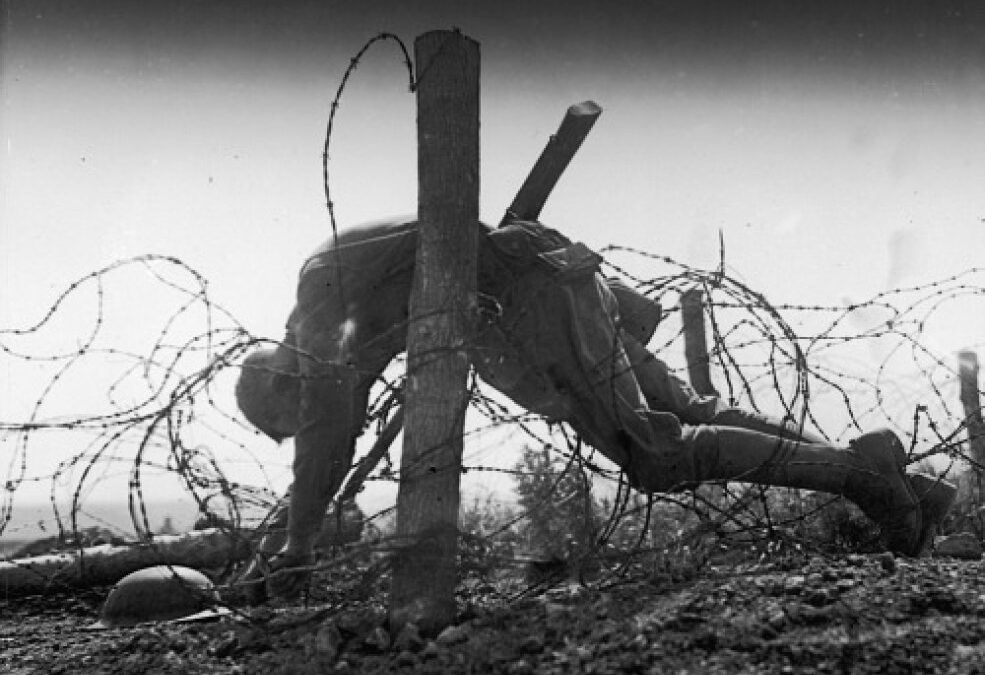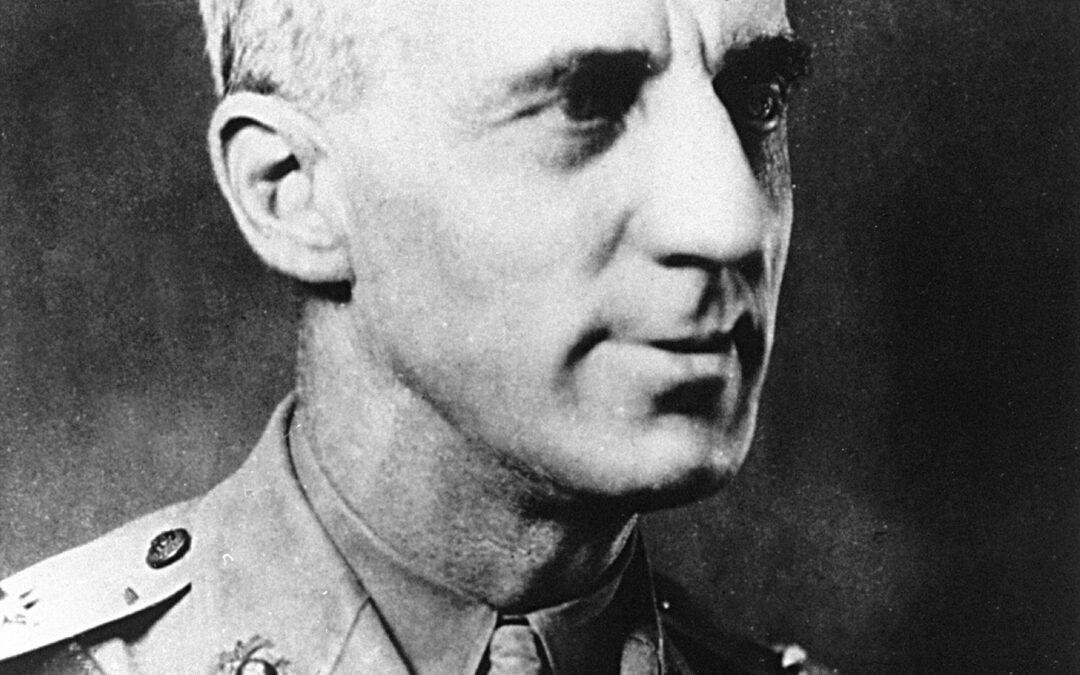In 1915, von Richthofen transferred to the Imperial German Army Air Service (Luftstreitkrafte). He studied aerial tactics under the master German strategist, Hauptman Oswald Boelcke, flying his first combat mission after less than thirty hours of flight instruction. Despite an indifferent start as a fighter pilot, he nonetheless was invited to join Boelcke's Jagdstaffel 2 squadron and soon excelled in combat following the Boelcke Dicta, which included approaching his enemy from above with the sun behind him, firing only at close range, always keeping his eyes on his target, and attacking in a group of four to six planes. The History of The Red Baron At the beginning of 1917, he had 16 confirmed kills, had been awarded Germany's highest military decoration, Pour le Merite, and was commander of a squadron, Jasta 11, of elite fighter pilots. In April 1917 alone, he downed 22 British planes. Flying a series of Albatros aircraft, his vanity led him to have each painted red. As the...
